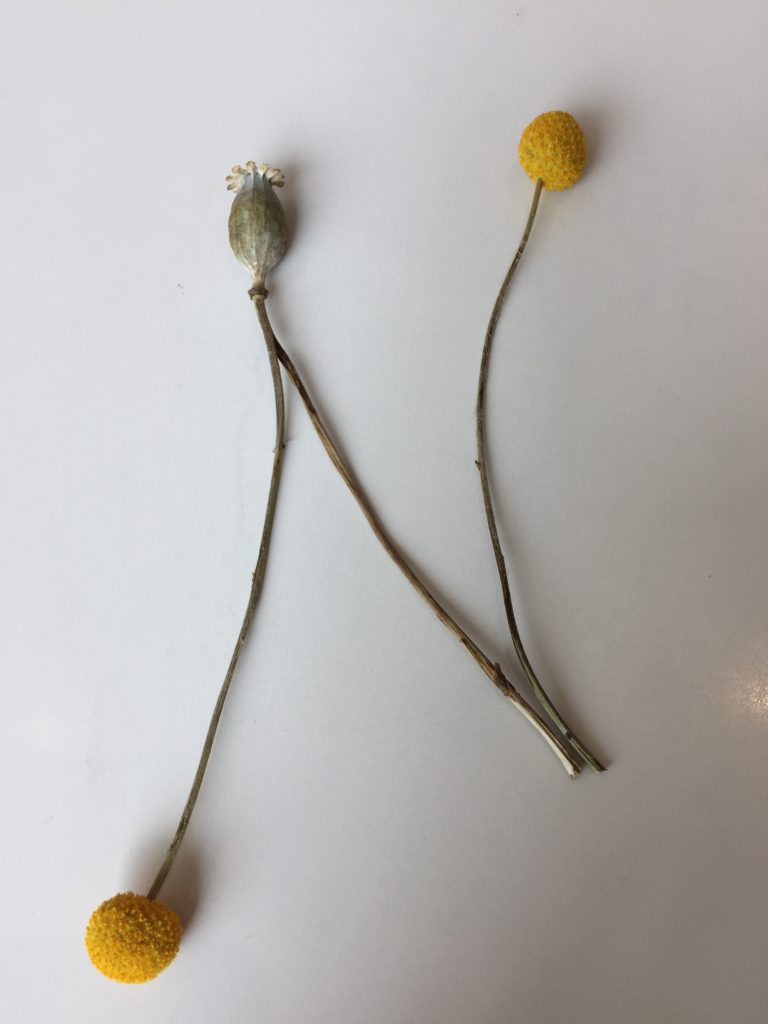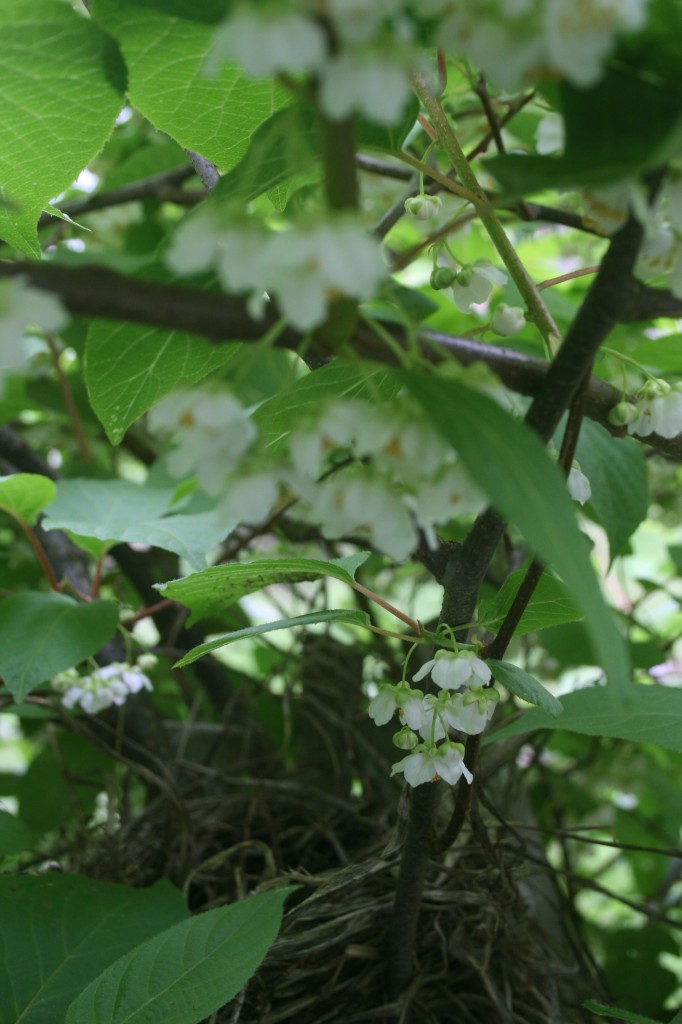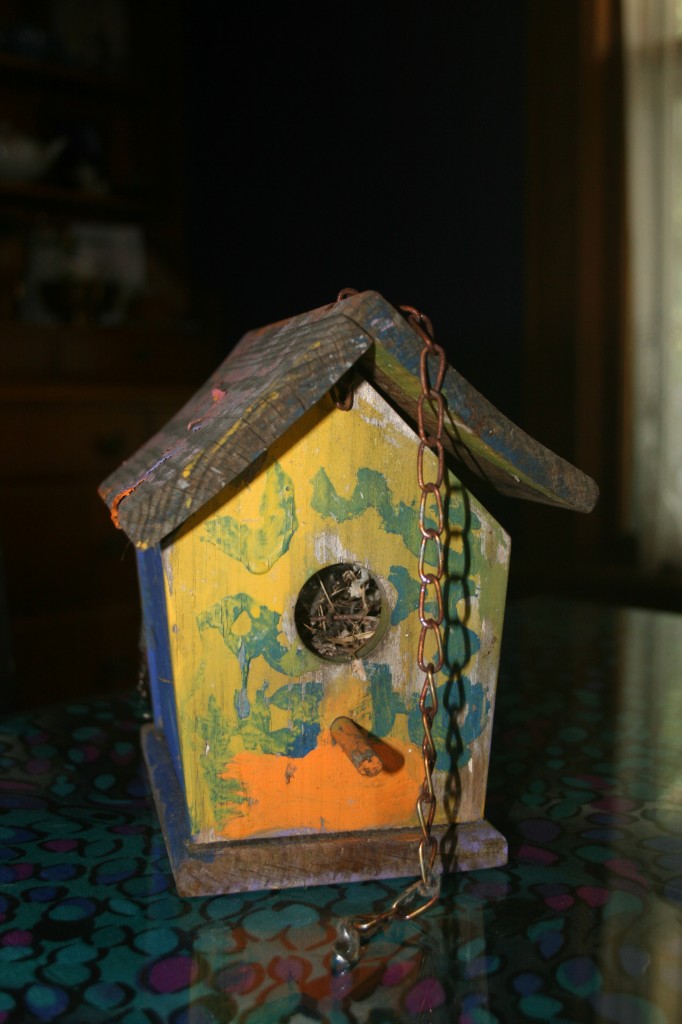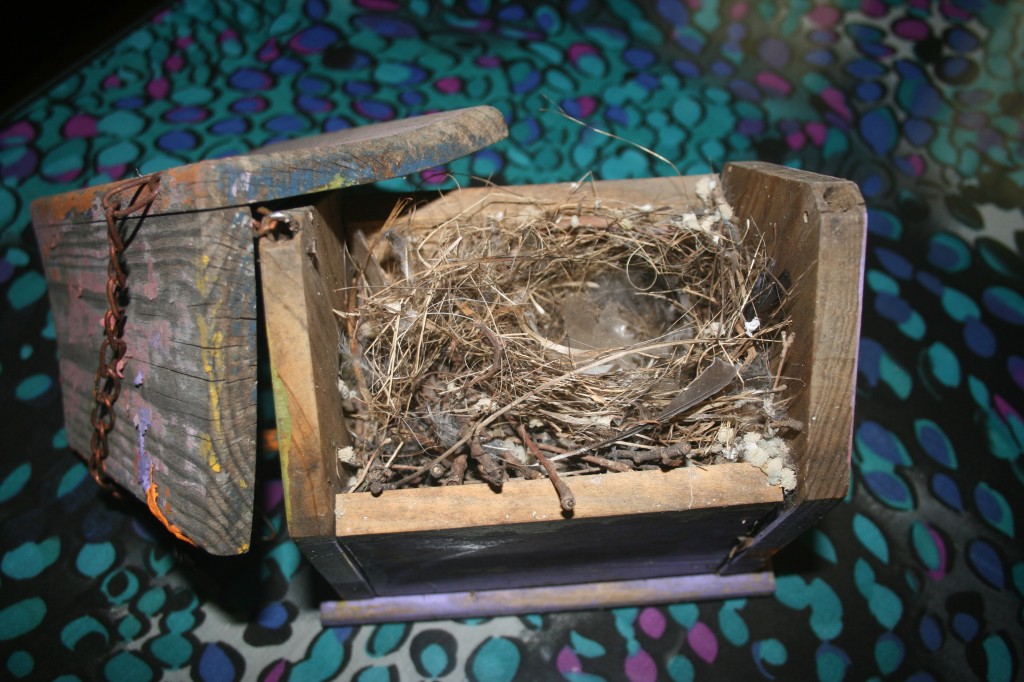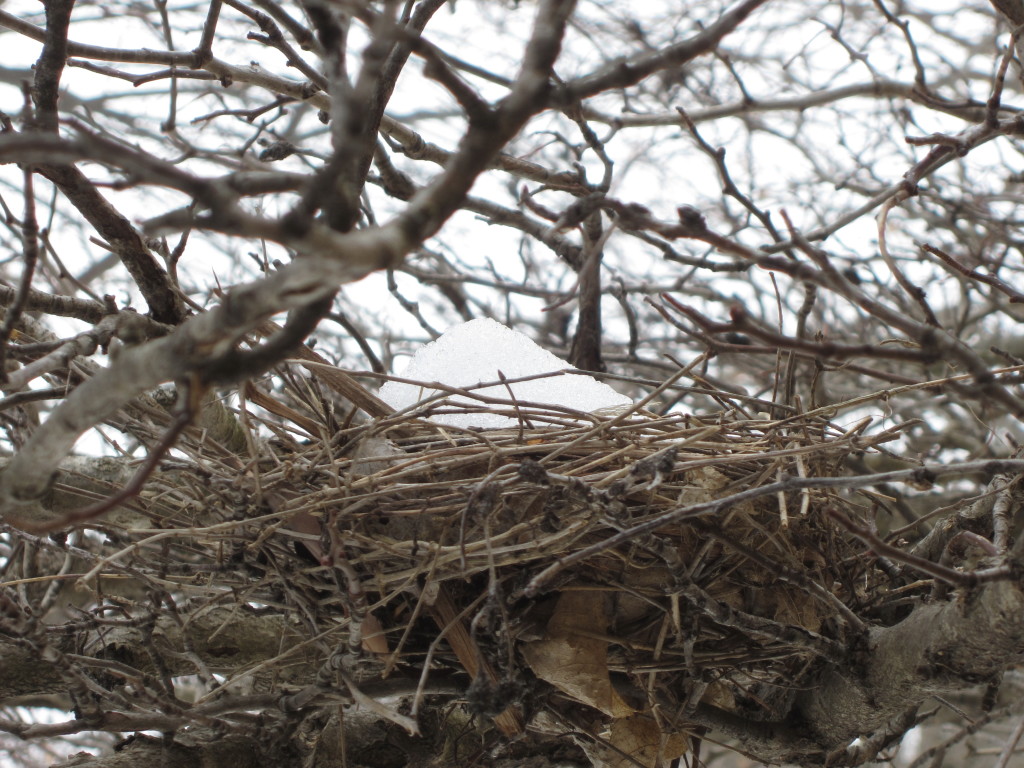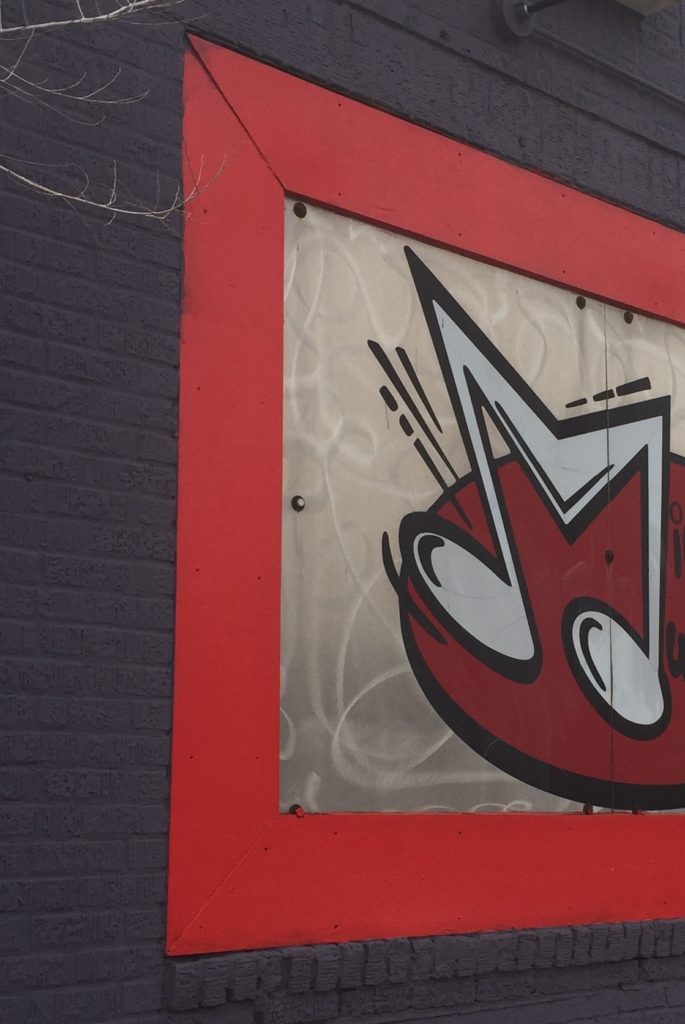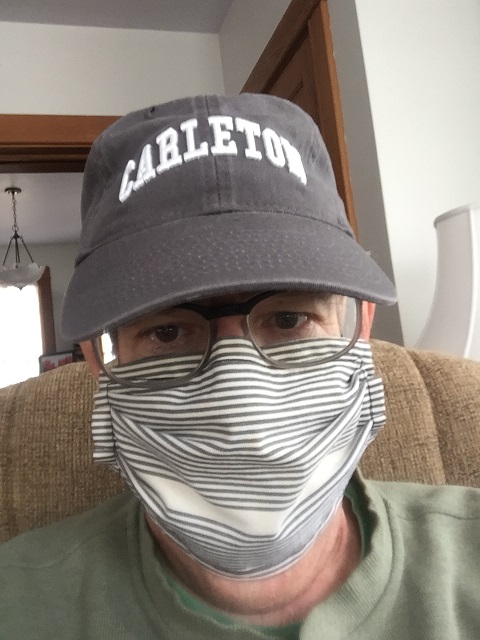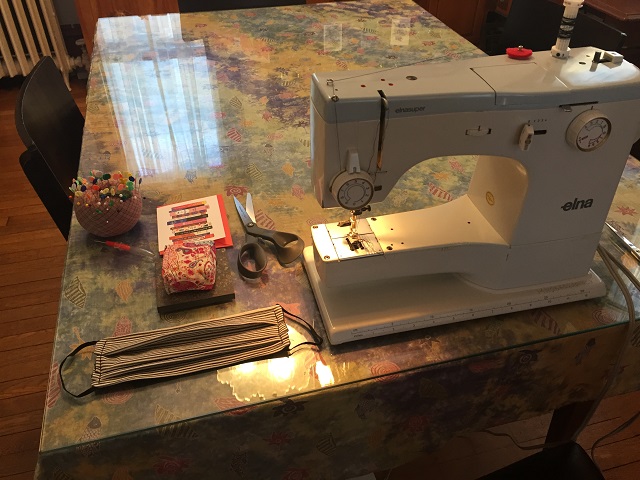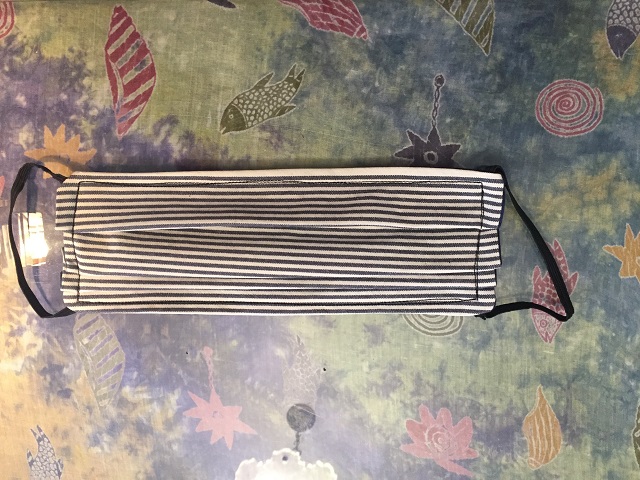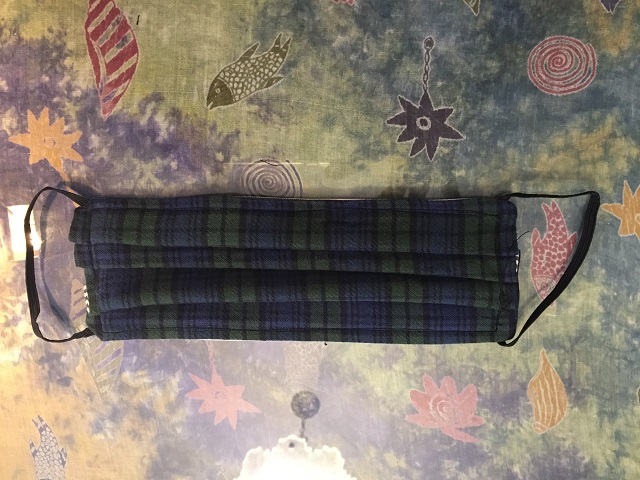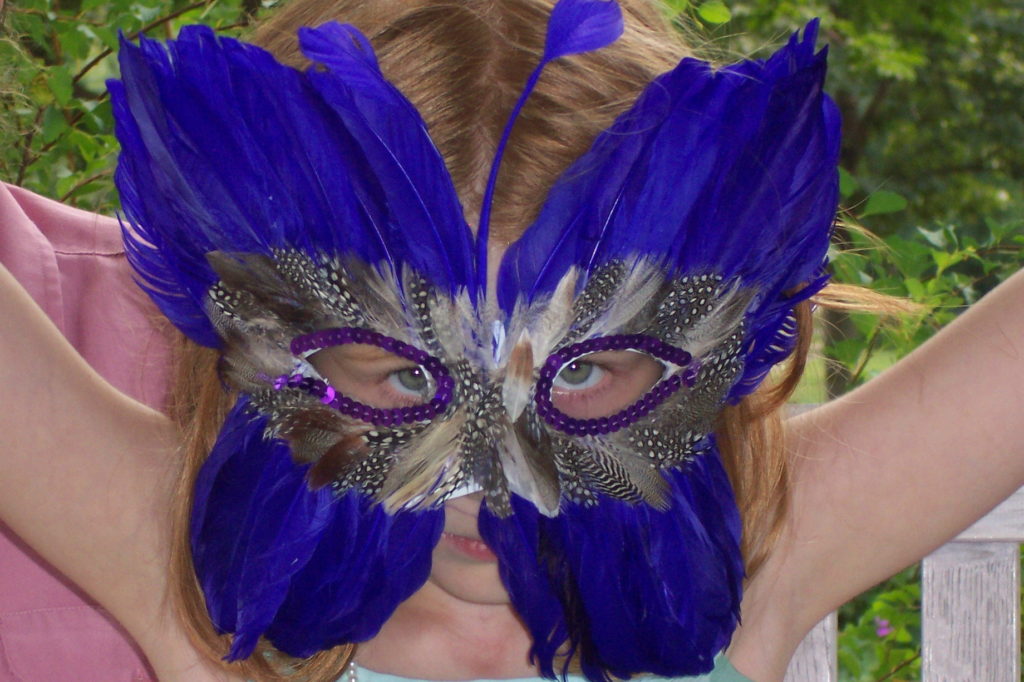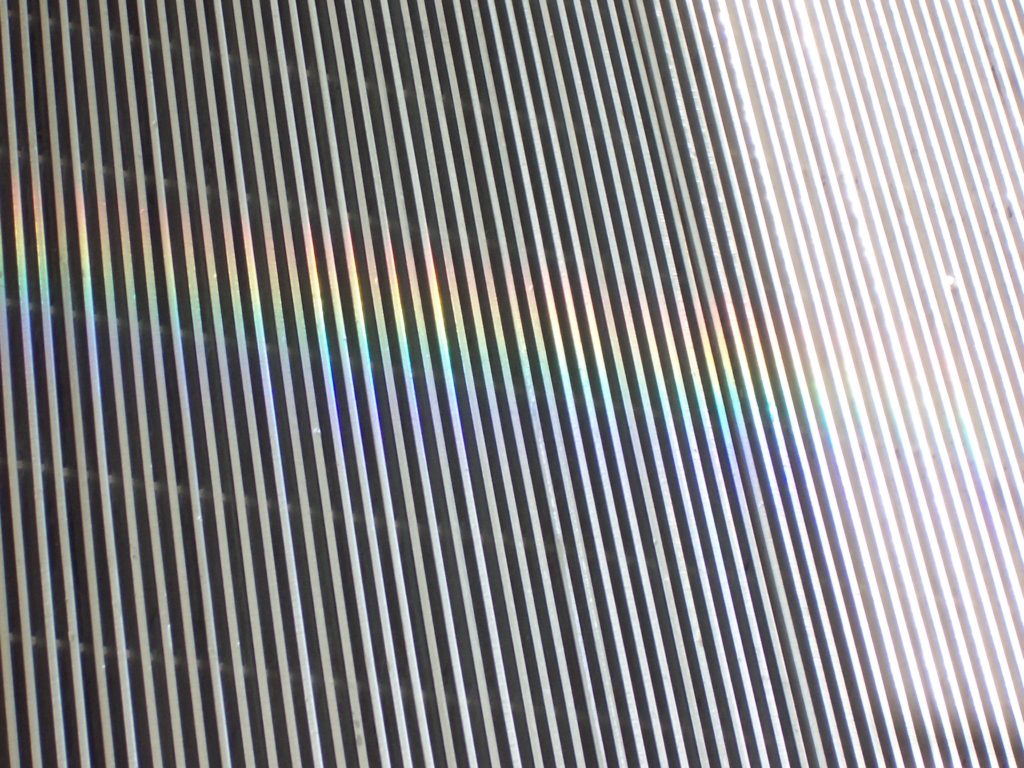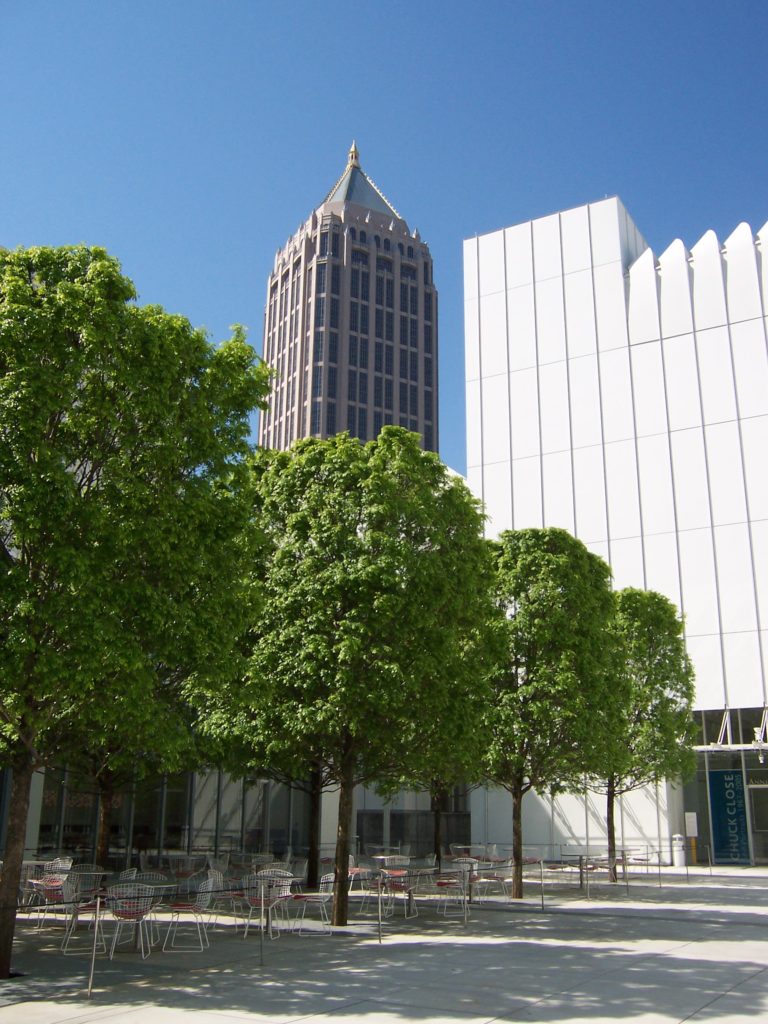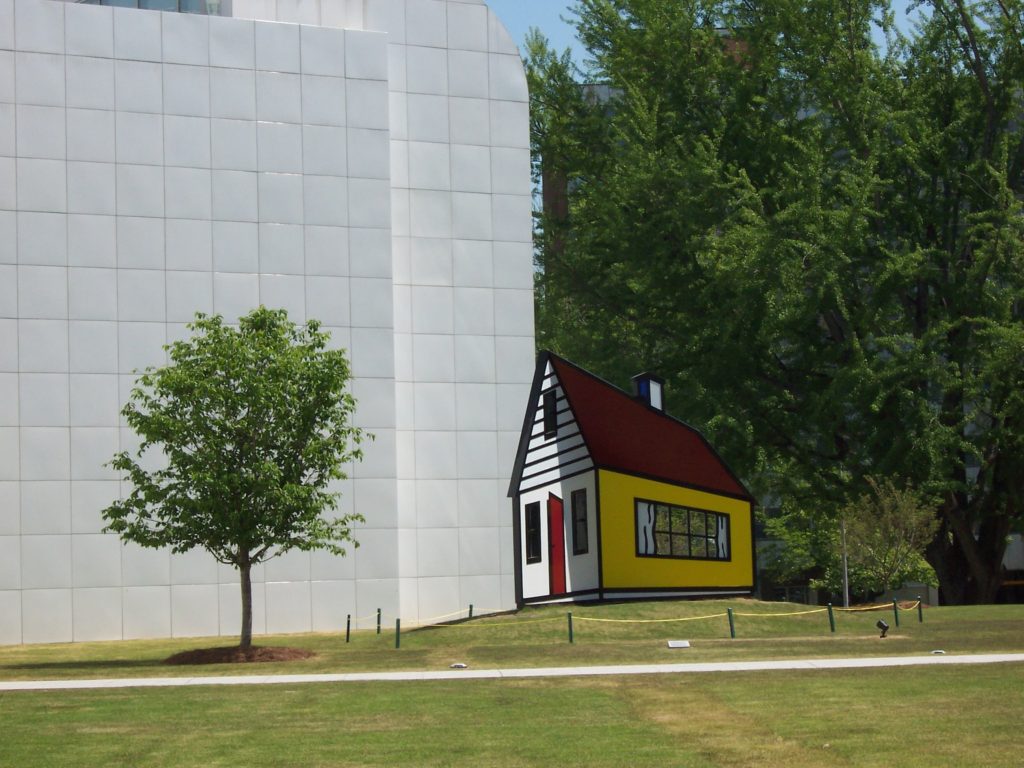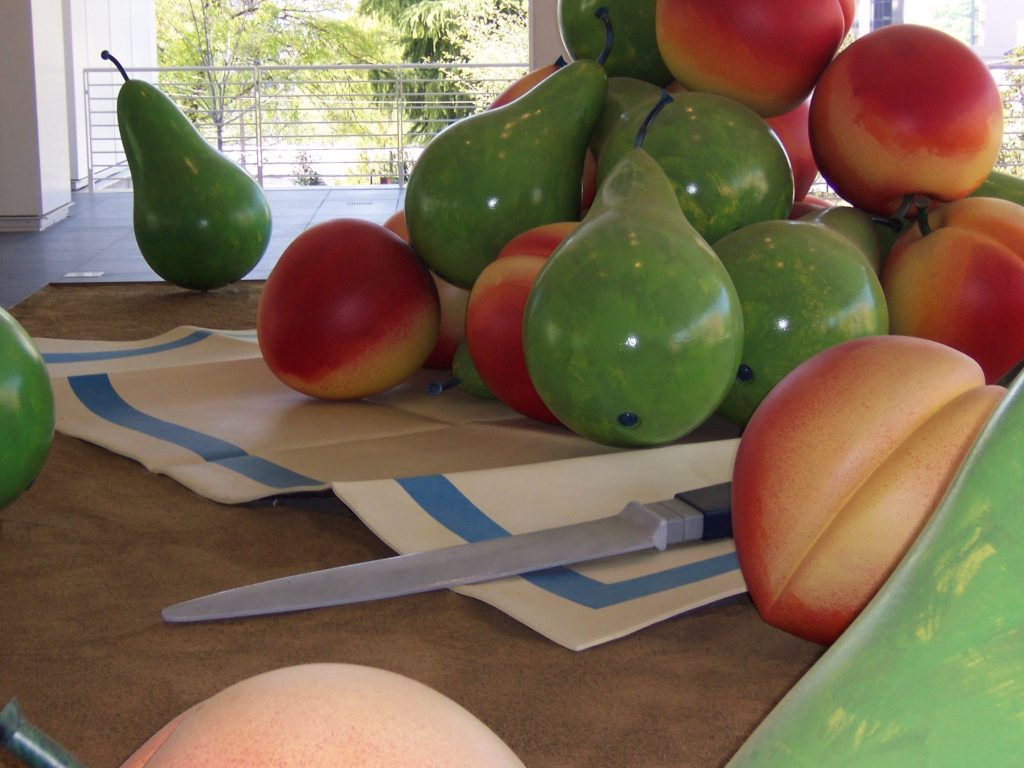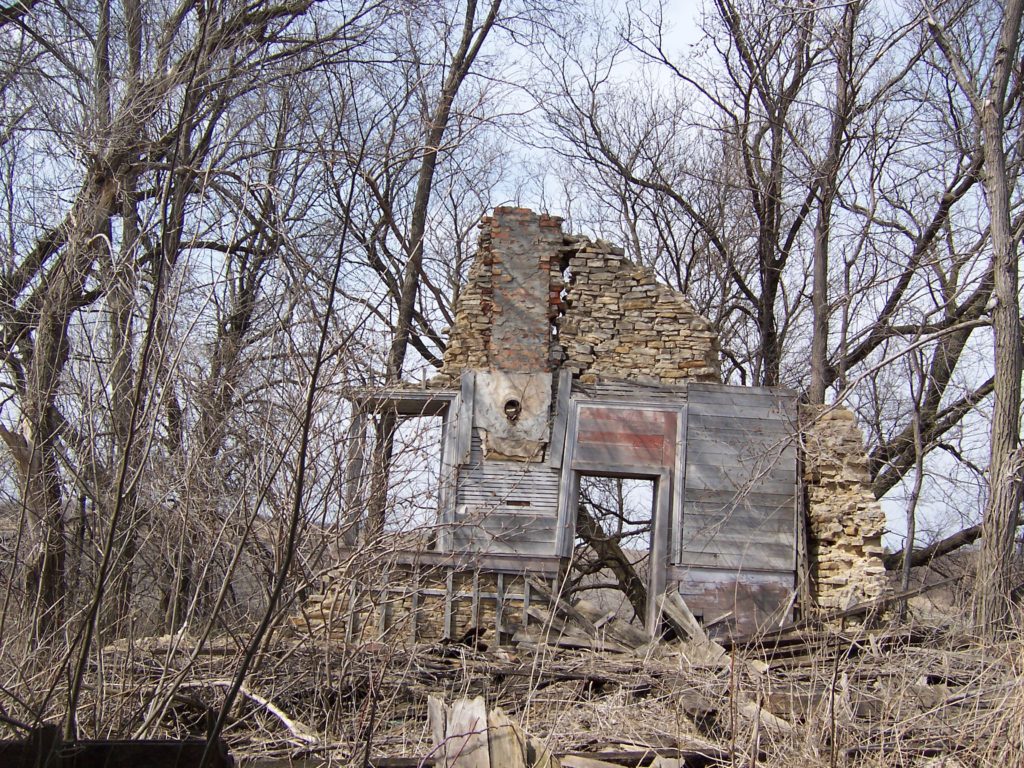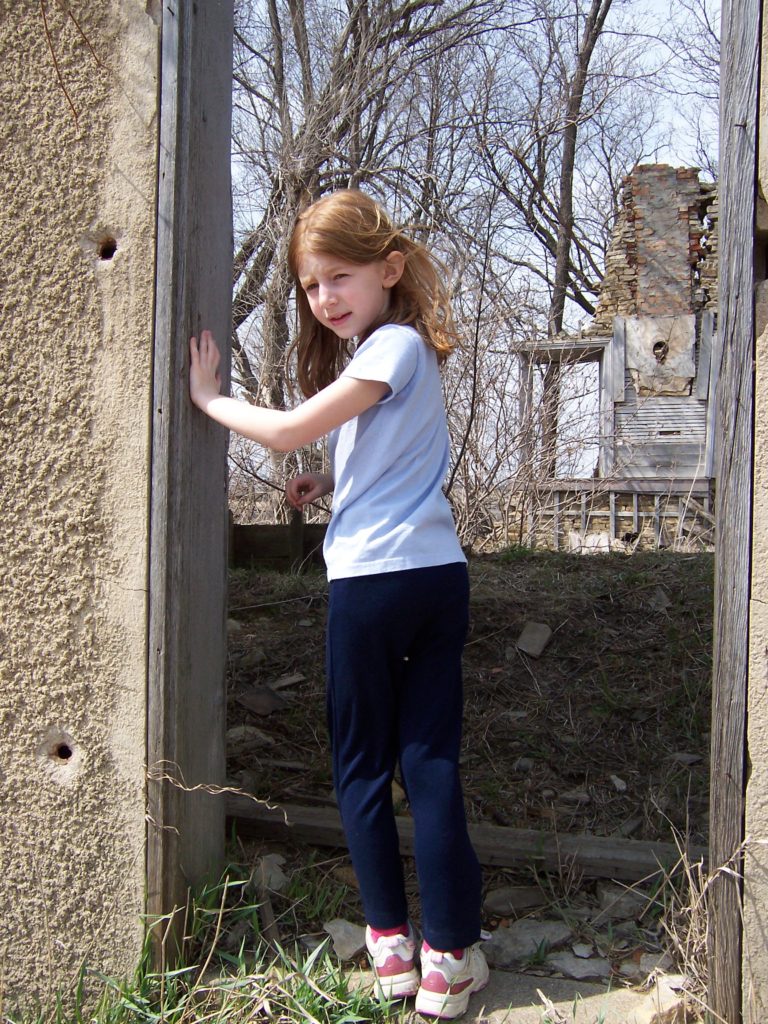
Opossum
a true tale
In the last days of a long-ago marriage
money was tight.
It was high summer in Louisiana,
a swelter, a sauna.
My then-husband had found work with a beekeeper,
traveling with a crew
to check hives. It didn’t pay much but was honest,
worked as a metaphor,
better than his old job welding deep inside oil tankers,
he said, coming home stung,
his sinuses swollen by all the wind-blown pollens.
I was academically employed, a grad student on summer
break, fiddling with Latin,
the declensions of irregular verbs, the moody subjunctive,
and trying to keep the kitchen
in that rented house free of shiny black tree roaches,
but closing my eyes
before I turned on the lights, giving them time
to scuttle back into cracks.
One evening—I’d fixed jambalaya—his boots dropped
on the back porch and he
came in with news: there was work for me in the honey house.
I showed up at the low concrete building, a warren
of ill-lit rooms, built
for something else. The beekeeper showed me how
to set wax patterns
on the wire sheets, slide the ready frames into wooden hives,
portable as document boxes.
I got the hang of it in half an hour, fell into a light trance
alone in the honey house,
some far-off door open, its frame filled with sunlit greens
and soft, lulling breeze.
I recited scraps of old poems I’d learned by heart:
Let me not to the marriage
of true minds admit impediment/Love is not love…
I liked the rhythm,
the hum and slide and rattling thunk of old wood.
It reminded me, I guess,
of the shuddering return of my typewriter carriage.
Love is not love,
Love is not love….After great pain, a formal feeling
comes…then something stirred
in my peripheral vision. Something ghostly crawled
toward me, red-eyed,
balding, dragging a long pink tail. I stood and screamed!
It hissed and ran
and it was a long time before my heart stopped thumping
but I did catch hold
of myself. Taking deep breaths, I saw the funny side—
me, jumping on the chair,
like a cartoon housewife startled by a mouse.
I only recognized,
weeks later, that turning point, fear-born gift
of clear sight, despite long
hiding: a fierce intent to claim my own power.
Leslie Schultz
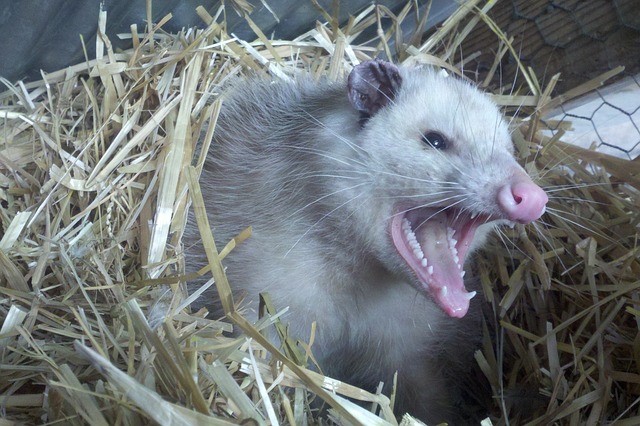
Image by Roy Guisinger from Pixabay
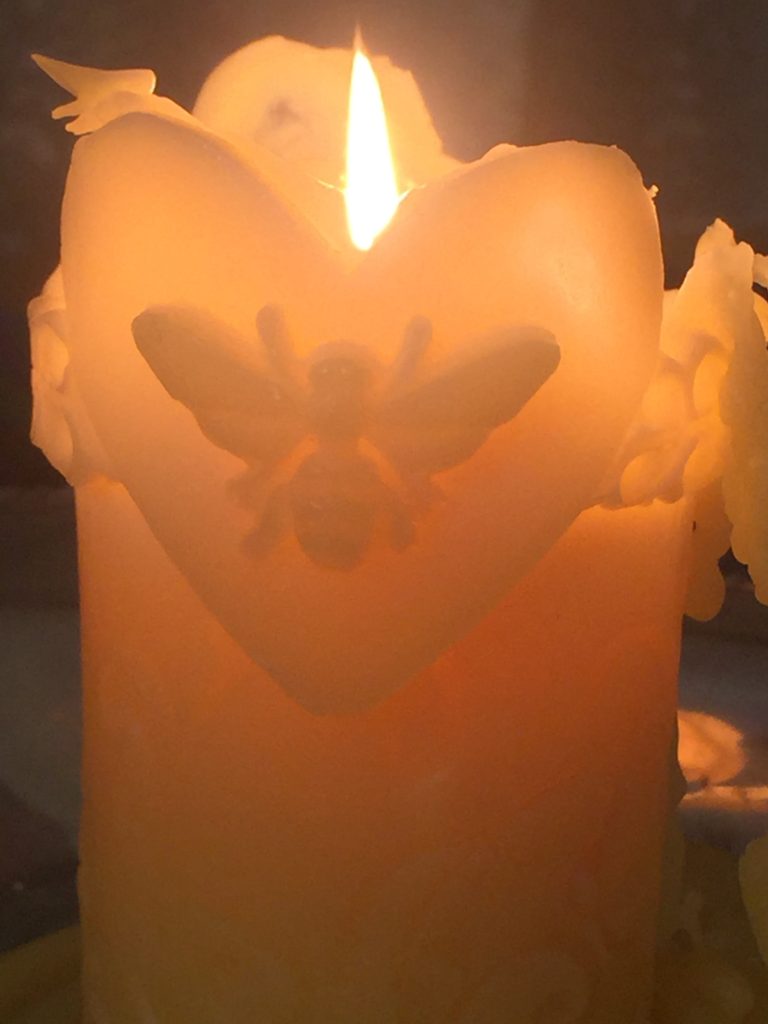
Today’s poem was a collision with current events (my review this week of the Latin verbs “sum” and “possum” or “I am” and “I can” and a rich and deep conversation yesterday) and an old memory surfacing. (It was in Lake Charles, Louisiana, as a graduate student of poetry, that for fun I began my peregrinations through the Latin language. When I left Lake Charles, I also left my first marriage.)
Leslie

